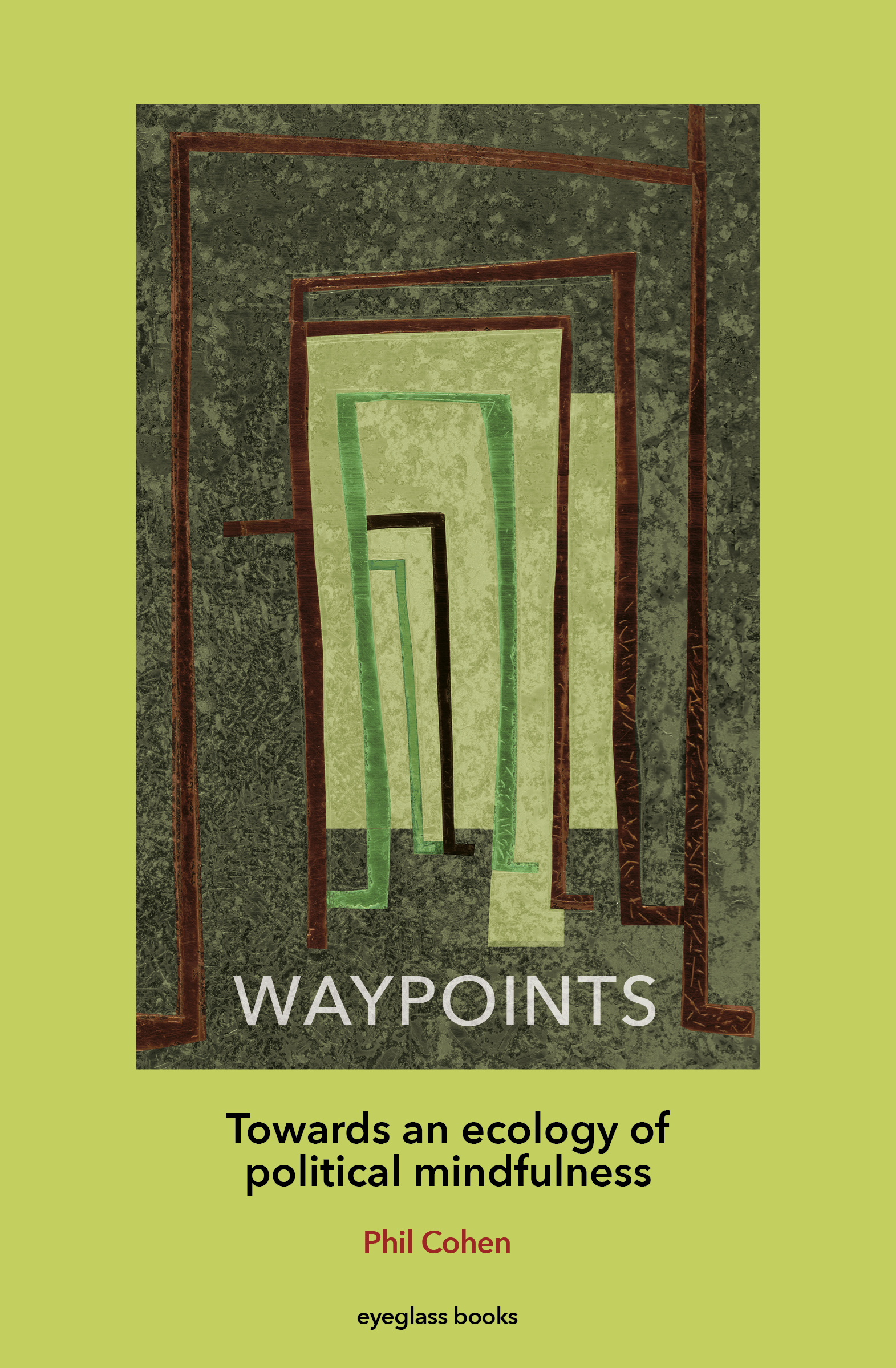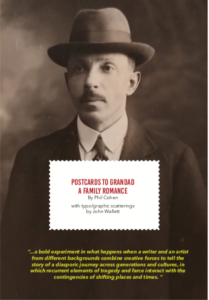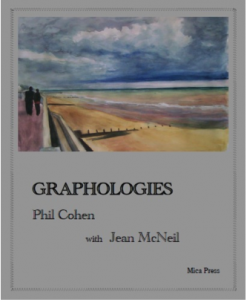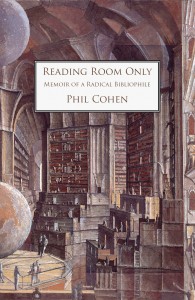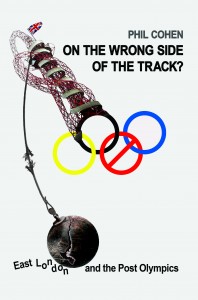I was recently asked to speak at an event in support of Jeremy Corbyn`s bid to retain his leadership of the Labour Party. The request came from the son of one of my oldest friends, a young man who has recently discovered politics, along with a great deal of self confidence after an unusually difficult and prolonged period of sturm und drang. I would normally have agreed but when faced with the prospect of being a cheerleader for Jezza I suddenly balked. Like many I had paid my 20 quid and broken the habit of a lifetime in order to vote him in a year ago. Up to that point I had always belonged to the Groucho Marxist tendency and never joined a club that would have me as a member.
[expand title=”Read More”]
Yet like many I had been disappointed by his performance. It was not just his failure to carry the bulk of the Parliamentary Party with him- the vicious counter attack from the rump of hard core Blairites was only to be expected- but his modus operandi, redolent of the political subculture of left activism to which he has belonged for over half a century, was maximally calculated to alienate the younger and less committed MPs on whose support he depended. The eponymous Momentum, set up to build on the support which his original campaign for the leadership had aroused, has succeeded in bringing a whole new generation into direct political engagement for the first time. So called Generation Rent, the students who have seen their expectations of a rewarding professional career, home ownership and financial security disappear as they swell the ranks of the ever growing precariat, have been the backbone of the Corbynista movement. But there is no easy reconciliation between the sectarian organisational strategies of the Old Left, and the populist mobilisation formats developed by urban social movements and campaigns; they can fuse into quite a toxic combination, a form of authoritarian populism unless a concrete mediation is found.
The inability of Team Corbyn to find a modus vivendi with the different social and ideological forces that support his anti-austerity programme has been compounded by a mixture of political inexperience and organisational incompetence. More serious has been the failure to give that programme both a substantive policy focus and a rhetorical coherence that would resonate not only with Generation Rent but with large sections of the disorganised working class who have deserted to UKIP and voted Brexit. Momentum simply has not reached out to this vital sector of the electorate, concentrated in the de-industrialised heartlands where the progressive culture of manual labourism has disintegrated and been replaced by a more or less racialised version of white ethnicity. To do so would require a sustained effort to transform ethnic into civic nationalism of the neighbourhood through concerted and socially embedded forms of cultural and community action. In lieu of this, what Momentum can and does do is to operate in the gig economy and stage pop-up cultural events and meetings, a style of politics that has an elective affinity with Generation Rent.
The event to which I was invited to contribute was a case in point. It was staged in a music pub frequented by students and hipsters from Corbyn’s Islington constituency. I told the organisers that I was not a Corbynista and did not feel able to contribute for the reasons I have just outlined. But I did agree to pitch up and if there was a spot and they felt what I had to say was appropriate to the occasion, then I would `perform`.
There were about twenty young people huddled around the brightly lit stage, most of them, it turned out, the performers and their friends. In between the acts, which comprised some awful doggerel protest poetry and some quite good, but apolitical songs, the MC bellowed slogans into an imaginary megaphone and encouraged the audience to respond as noisily as possible to simulate a mass rally and attract punters in from the street. My friend`s son got up and made a rather good speech, passionate yet considered, about how Corbyn`s agenda represented a principle of hope and Momentum was the last chance to build a mass movement against the Tories austerity regime. The audience cheered and hooted their appreciation. Yet I could not help but feel that these young people were clutching at straws, and that they deserved better than what they were being offered by the Labour Party in its present state of crisis. But what, after all, did I,or my generation of 68’èrs have to offer them except a glimpse of a political transformation that had seemed possible once upon a time but like all such narratives would now seem little more than a fairy story for a generation who anyway were inclined to misrecognise us as the spoilt offspring of hip capitalism, if not the Thatcherite counter revolution, with our secure jobs and pensions, our over valued houses and our smug self satisfied radicalism.
I had written a short poem with a commentary which I thought might raise some issues worth debating, but looking round the audience I sensed that few, if any of them, would know what I was on about, or would see the relevance of my historical analogy. Maybe I was wrong in under-estimating the depth of their understanding of the crisis of social democracy. In any case their story has had a happy ending, at least as far as Momentum is concerned with the re-election of Corbyn with an increased majority. So perhaps my intervention was redundant. Who needs subtle dialectics, when crude thoughts can win the day? But for what it is worth, here is the text of the talk I would have delivered if the circumstances had seemed more propitious:
[/expand]
Are we that Poem?
The title of my poem derives from a debate that took place during the 1930’s between Walter Benjamin and Bertold Brecht, who were close friends but also sparring partners. The debate, between a philosopher and a poet who wrote prose, and a playwright and polemicist who wrote poetry, was about the relation between two versions of Marxism, Hegelian and materialist, and about the (non)relation between revolutionary theory and practice in the arts.
[expand title=”Read More”]
These conversations took place against the background of the rise of right wing nationalism and fascism in Europe. Brecht admired Benjamin’s ability to do elegant headstands on the high wire of cultural theory, but argued that subtle dialectics was not enough; he needed to get his feet more on the real ground of politics. Benjamin admired Brecht’s didactic ability to cut through the hype and waffle and get to the nitty gritty of things, putting into plain words ideas that were on the tip of everyone’s tongue, Crude thoughts, at least in the Brechtian sense, are ideas produced through collective deliberation, voiced in the vernacular of everyday speech, not just salacious gossip or blue jokes told by a stand up comedian. Today more than ever we need both – dialectics is the dance of the mind and on the Left we need politicians who can not only think on their feet but join in the dance of collective deliberation and policy making. And I am NOT thinking here of Ed ‘twinkle toes’ Balls whose dancing is as wrong footed as his politics.
My poem is a deliberate plagiarism of Brecht’s famous poem ‘The Solution’, which was written in 1953 in the immediate aftermath of a popular uprising against the Stalinisation of the GDR regime, and in particular a decision by the central committee of the Socialist Unity Party to lower wages and increase work quotas. The uprising was started by construction workers and lead to mass meetings, and factory occupations. It was bloodily suppressed by Soviet tanks, arrests and purges and extra -judicial murders. It led to the first large-scale exodus of people from East to West Berlin, and thus contributed to the building of the Berlin Wall. Brecht’s poem satirises a so called socialist government that erects walls around its own people, ostensibly to defend them against being corrupted by capitalism but in reality to protect its own power. Unfortunately there are still people today on the Left who think that socialism can be built by erecting doctrinal walls to keep the ideology pure and stop it being contaminated by democratic debate, whether inside or outside the party…..
The only other thing you need to know about the poem is that a psycho-pomp is someone who guides the dead to the underworld.
[/expand]
SUBTLE DIALECTICS, CRUDE THOUGHTS
(with due acknowledgement to Bert Brecht)
After the so called uprising of June 23rd
When business and political leaders
had leaflets distributed
stating that the people
had forfeited their confidence
and could win it back only
by redoubled efforts
and another referendum
Would it not be easier in this case
for the government
to dissolve the people
and elect another?
After the attempted coup of June 28th
when members of the PLP
had leaflets distributed
stating that their leader
had forfeited their confidence
and could only win it back
by giving up the ghost
would it not be easier in this case
for the PLP
to dissolve the membership
and elect a committee of psycho-pomps
to lead the now non-existent party
To another underworld ?





